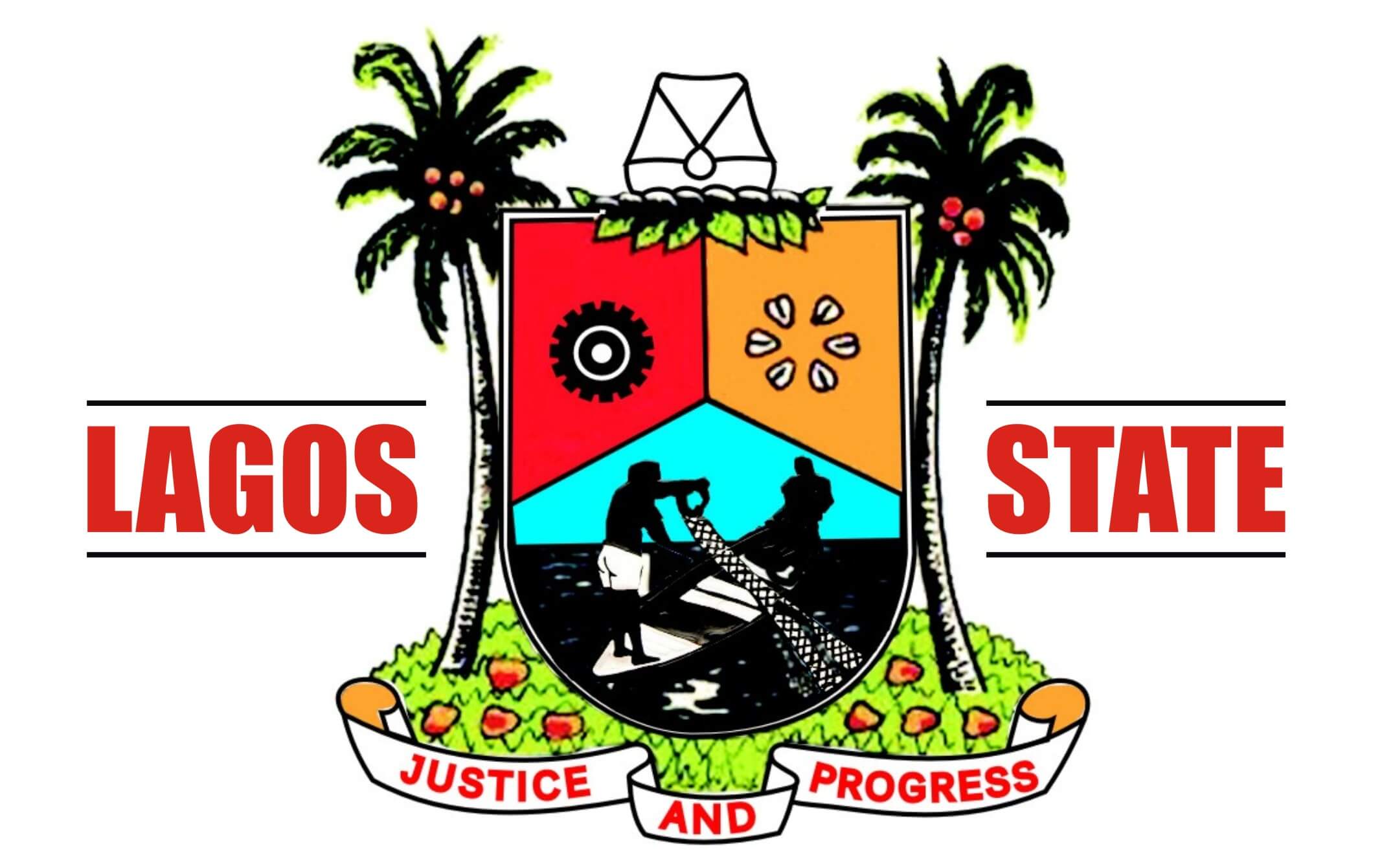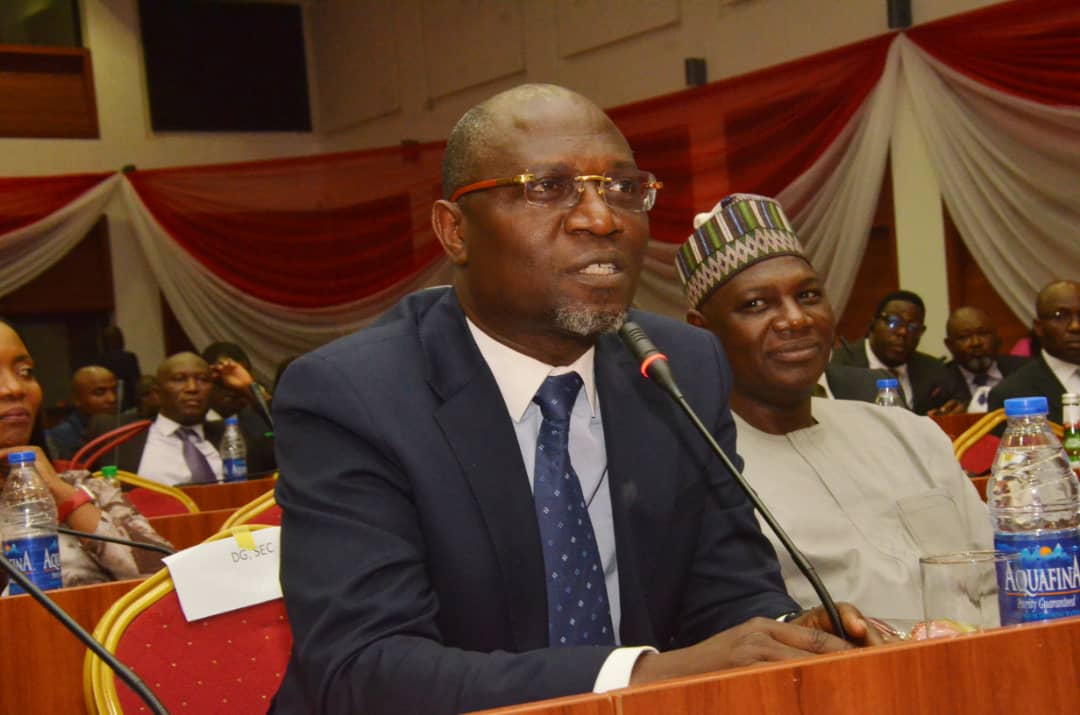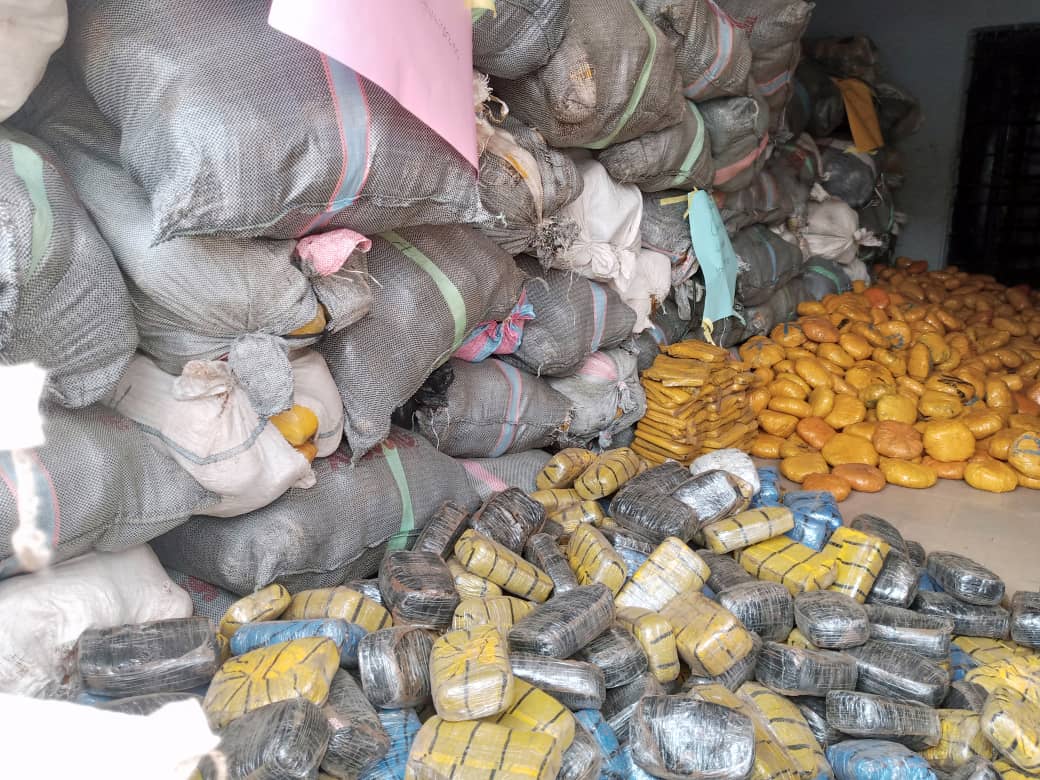Lagos State Government Reaffirms Commitment to a Clean, Resilient, Livable Environment

… Commissioner for Environment Dismisses Viral Claims of Foul Odor in Lagos
… Affirms Lagos’ Ongoing Evolution into a World-Class Megacity
The Lagos State Government has reiterated its commitment to a comprehensive, multi-sectoral approach to ensuring a cleaner, more resilient, and livable city. This comes in response to viral claims suggesting that Lagos is “smelling,” which the government strongly refutes.
In a press statement issued on Sunday, the Commissioner for the Environment and Water Resources, Mr. Tokunbo Wahab, outlined various initiatives aimed at improving sanitation, waste management, and environmental sustainability across the state.
“Lagos is not ‘smelling’; it is evolving—toward sustainable waste processing, modernized landfill management, cleaner waterways, and structured sanitation systems,” Wahab stated.
He emphasized that Governor Babajide Sanwo-Olu’s administration remains steadfast in its commitment to building a cleaner, more sustainable city through strategic environmental initiatives. According to him, addressing waste and sanitation challenges in a rapidly growing megacity like Lagos requires structural solutions, not political rhetoric.
Key Initiatives and Progress
Air Quality Monitoring and Pollution Control: The state has installed over 50 air quality monitors at strategic locations to track emissions from industrial, transportation, and household sources, ensuring effective pollution control.
Waste Management Expansion: In line with the THEMES+ Agenda, the Lagos Waste Management Authority (LAWMA) has expanded waste collection services to underserved communities. In collaboration with the Ibeju Lekki Local Government, tricycle compactors have been introduced in areas with non-motorable roads, operating on a pay-as-you-go model. This initiative will be expanded later this year with the deployment of 500 additional tricycle compactors.
Landfill Transformation and Waste-to-Energy Project: the government has announced plans to shut down the Olusosun and Solous 3 landfills within the next 18 months. These sites will be converted into modern Transfer Loading Stations, where waste will be sorted, compacted, and redirected to recycling facilities.
Additionally, Lagos is advancing a Waste-to-Energy project in Epe, designed to process 2,500 tonnes of municipal solid waste daily and generate 60-80 megawatts of electricity, contributing clean energy to the state’s power grid.
Plastic Waste Reduction and Recycling: To curb plastic pollution, the state has banned styrofoam food packs and has begun phasing out single-use plastics. Manufacturers are being encouraged to adopt sustainable alternatives through an Extended Producer Responsibility (EPR) framework.
Multiple Memoranda of Understanding (MOUs) have been signed with international partners to develop waste-to-resource initiatives, ensuring Lagos remains a leader in waste recovery, recycling, and energy generation.
Water Quality Improvement: Over the past two years, industrial effluent discharge into Lagos waterways has reduced by 25%, thanks to consistent enforcement by the Lagos State Environmental Protection Agency (LASEPA). The state is also implementing bio-remediation techniques to improve surface water quality in lagoons and canals.
Through the Waste Water Management Office (LASWMO), three Modular Septage Pre-Treatment Plants (MSPPs) have been deployed to efficiently treat fecal sludge before its discharge into the Odo Iya Alaro water body. LASWMO is also enforcing strict compliance among members of the Sewage and Wastewater Dislodgers Association of Nigeria to prevent indiscriminate dumping and ensure best practices in sewage evacuation.
Street Sanitation and Public Toilets: To maintain cleanliness, 15,000 street sweepers are deployed daily across highways, inner roads, and markets, with strengthened enforcement of environmental laws.
To combat open defecation, the government is actively sensitizing residents while constructing an additional 150 public toilets. Another 250 public toilets will be built through public-private partnerships. Currently, Lagos has over 1,710 public toilets in parks, markets, and residential areas, maintained in collaboration with local government authorities.
READ ALSO: NAHCON’s Commitment to Transparency and Staff Welfare Amid Media Allegations
Greening Lagos: The ‘Trees for Lagos’ Initiative: To enhance greenery and promote a healthier environment, the Lagos State Parks and Gardens Agency (LASPARK) has launched the “Trees for Lagos” campaign. Over the next two years, 50,000 trees will be planted in key locations, including major highways, railway routes, industrial zones, estates, schools, and hospitals.
Lagos is Evolving, Not Declining: Commissioner Wahab reaffirmed that these initiatives reflect the government’s unwavering commitment to building a sustainable and livable city. He urged residents to disregard unfounded claims about Lagos’ environmental state, emphasizing that the city is on a transformative journey toward becoming a world-class megacity.
“Lagos is not just growing; it is evolving. Our focus remains on structural solutions that ensure long-term environmental sustainability, improved waste management, and a healthier living environment for all residents,” Wahab concluded.





